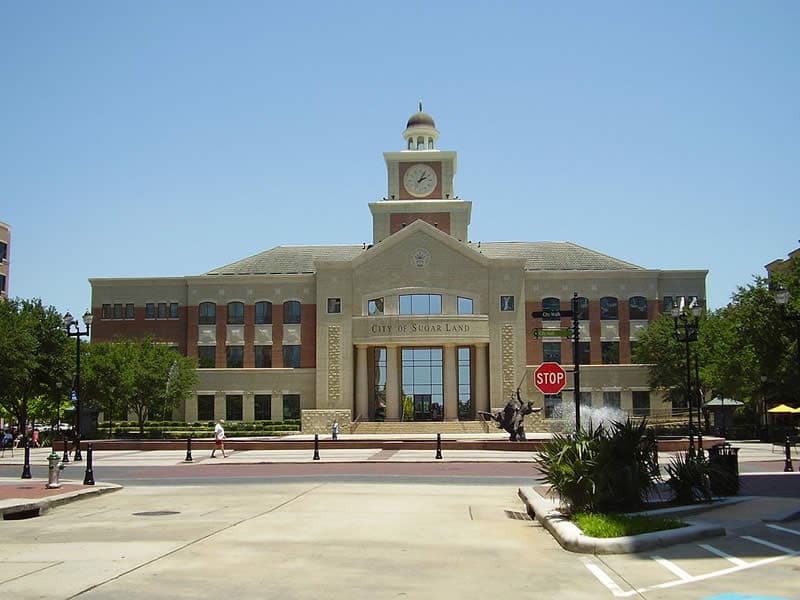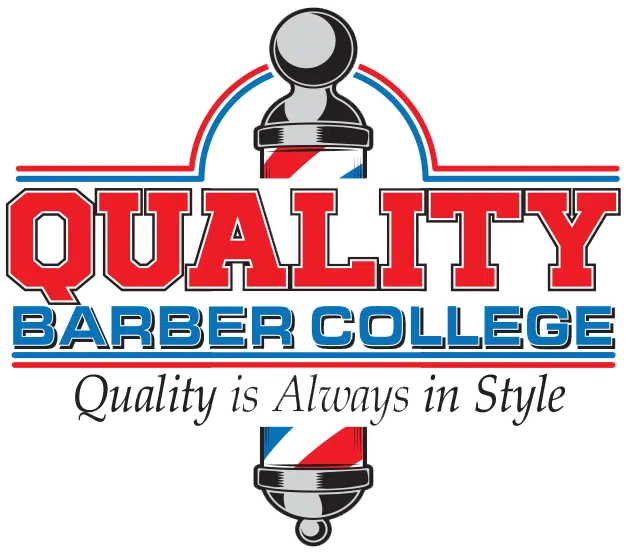
(Source: Sugar Land City Hall). We support students in the Sugar Land TX area.
At Quality Barber College, we offer the best full-time barber school classes for residents in Sugar Land, TX. Our team of highly knowledgeable instructors help you get a comprehensive education so that you know everything from basic to advanced skills whenever you complete the course. Students that are enrolled full-time in our Class A Barber Program can graduate with a new career in as little as 30 weeks! Contact us today to learn more about how you can get started building your future as a licensed barber.
It’s no secret that going to school while working or having a family can be difficult. The good news is, at Quality Barber College, we offer flexible part-time barber school classes for residents in Sugar Land, TX. Our staff makes it easy for you to get a quality education while also keeping your obligations. Maintain your lifestyle and work towards a better career when you sign up for our part-time barber classes. Reach out to us today to learn more about your options with our college and take the first step towards your career.
Licensed cosmetologists interested in expanding the services they offer can become state-licensed barbers in as little as 8 to 15 weeks when they enroll in our cosmetology to barber crossover program Sugar Land, TX. Our team of experienced instructors will work with you every step of the way to ensure you are learning everything from basic to advanced skills for a successful career as a barber. Contact us today to learn more about the opportunities offered for you at Quality Barber College!
In 1906, the Kempner family of Galveston, under the leadership of Isaac H. Kempner, and in partnership with William T. Eldridge, purchased the 5,300-acre (2,100 ha) Ellis Plantation, one of the few plantations in Fort Bend County to survive the Civil War. The Ellis Plantation had originally been part of the Jesse Cartwright league; Will Ellis had operated it after the Civil War by a system of tenant farming, made up mostly of African-American families who had earlier worked the land.
In 1908, the partnership acquired the adjoining 12,500-acre (5,100 ha) Cunningham Plantation, with its raw-sugar mill and cane-sugar refinery. The partnership changed the name to ……..
